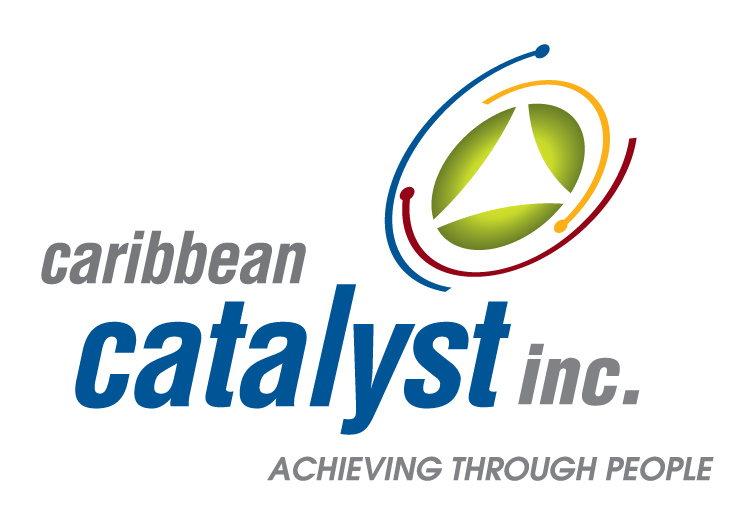TRAINING
Specific, Practical, Objective & Timely (SPOT) Training
The range of SPOT Training sessions offered includes a variety of common areas many organisations face challenges with. SPOT Training is offered via public workshops and can also be facilitated as in-house training sessions.
WHY PARTICIPATE (BENEFITS)
- Provides a holistic approach to understanding the importance of time management, especially in successfully achieving goals.
- Offers practical tools for participants to improve productivity in the management and execution of daily tasks.
HOW (OUR DIFFERENTIATORS)
- Utilises neuroscience research which focuses on emotion regulation, neuroplasticity and limitations of the brain.
- Application of progressive tools that encourage introspection to ensure participants can plan for the short, medium and long term.
- Examines typical time wasters and reasons for improper time management.
- Features exercises and video clips, along with sharing of experiences, which provide useful learning that participants can immediately apply to boost their own development.
- Sessions are interactive and help participants learn when and how to say “No”.
WHO SHOULD ATTEND
Employees at all organisational levels who wish to improve their time management skills.
WHY PARTICIPATE (BENEFITS)
- Allows participants to engage in self-reflection to identify behaviours that impact their performance and delivery of customer service.
- Features discussion on critical touch points for internal and external customer service.
HOW (OUR DIFFERENTIATORS)
- Identifies process improvements that can be implemented to enhance the customer’s experience.
- Utilises neuroscience research that gives practical ways to effectively manage complaints and deal with difficult customers.
WHO SHOULD ATTEND
Employees at all organisational levels who interact with customers (internal and external).
WHY PARTICIPATE (BENEFITS)
- Provides opportunities for participants to identify the challenges experienced when giving and receiving assignments and examine why these occur.
- Participants learn how to better delegate work assignments through understanding the importance of effective communication and setting expectations.
HOW (OUR DIFFERENTIATORS)
- Utilises neuroscience research that addresses barriers to effective delegation and how these can be overcome.
- Provides tools for managers and supervisors to become more effective coaches.
WHO SHOULD ATTEND
Managers and anyone with direct responsibility for supervising others.
WHY PARTICIPATE (BENEFITS)
- Helps participant understand the importance of their roles and how significant their support is to their organisation/manager/colleagues.
- Provides opportunities for participants to reassess their skills, abilities and mindsets and identify areas that need development.
HOW (OUR DIFFERENTIATORS)
- Utilises research from neuroscience towards providing participants with a holistic approach to adapting to change.
- Helps participants to understand the importance of holding themselves accountable and owning their output.
WHO SHOULD ATTEND
Anyone who performs a role with administrative responsibilities.
WHY PARTICIPATE (BENEFITS)
- Encourages participants to self-reflect and determine how they can maintain and improve good customer relations.
- Participants gain a deeper understanding of the importance of professionalism when dealing with both internal and external customers.
HOW (OUR DIFFERENTIATORS)
- Provides insight on how participants can empower themselves to be the “Director of First Impressions” for the organisation.
- Identifies the necessary skills and behaviours to be demonstrated, in order to enhance the customer’s experience.
WHO SHOULD ATTEND
Receptionists and personnel who perform customer facing roles.

